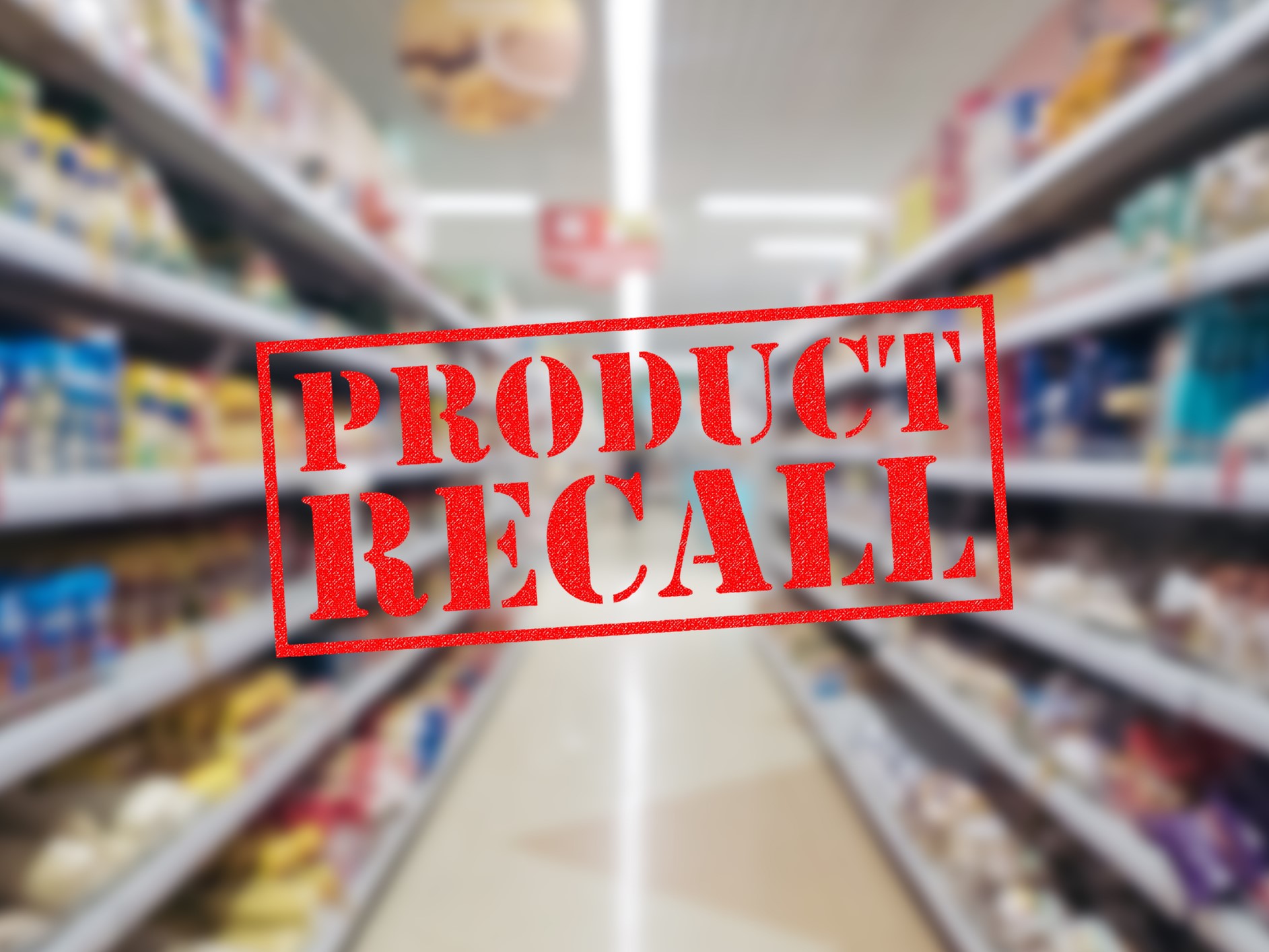U.S. product recalls reached a five-year high in the first quarter of 2024, according to Sedgwick’s first-quarter U.S. Recall Index report. The report found recalls increased 8% quarter-over-quarter to 909 events across five key industries amidst stricter regulatory oversight and heightened consumer scrutiny. Some of the increase is due to the high rate of enforcement activity and the introduction of new regulations and rules to improve product safety. The food and beverage sector had 27.6% more FDA recalls, with 134 events, over half of which were due to undeclared allergens. In 2024, the FDA, USDA, and FTC are developing measures to keep consumers safe and provide more accurate information about the food they buy. Sedgwick said that expect a strong focus from regulators on consumer protection and transparency in the food and beverage sector. @ https://riskandinsurance.com/recalls-up-8-in-q1-as-regulators-ramp-up-product-safety-oversight/#:~:text=U.S.%20product%20recalls%20reached%20a,oversight%20and%20heightened%20consumer%20scrutiny.




